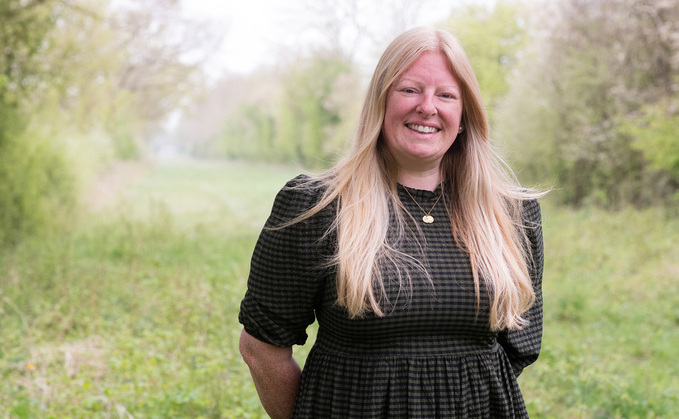
With a passion for British produce, Jenny Jefferies has created a series of cookbooks that really champion UK farmers. Emily Ashworth finds out more. It is not very often that positive farming stories...

With a passion for British produce, Jenny Jefferies has created a series of cookbooks that really champion UK farmers. Emily Ashworth finds out more. It is not very often that positive farming stories...

FARM LOANS & RE-MORTGAGES

Commercial Secured Bridging Loans for Business

Lantra Farm Safety E-Learning now FREE!
Series two of Jimmy and Shivi's Farmhouse Breakfast returns on Easter Saturday. Jimmy and Shivi answer questions on what to expect ahead of the new series
Amazon Prime Video reveals what fans can expect from the new series of Jeremy Clarkson's popular farming show
Fans will not have to wait long as Jeremy Clarkson's popular farming show returns next month